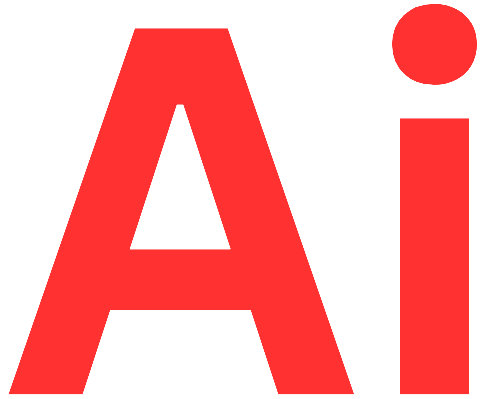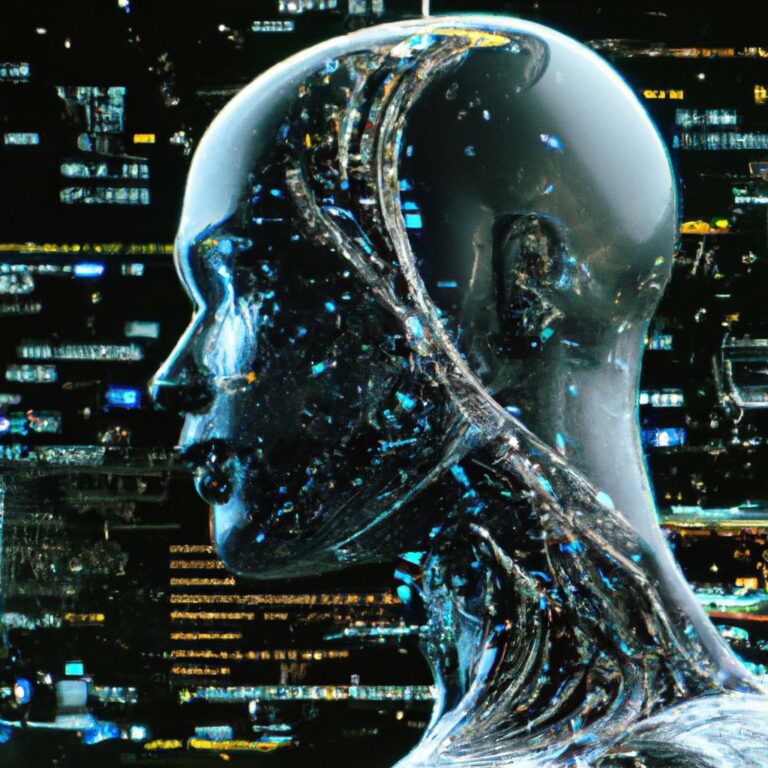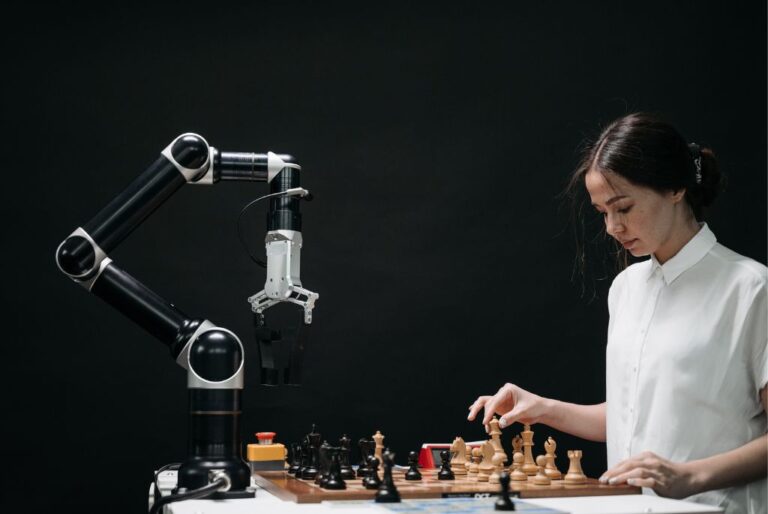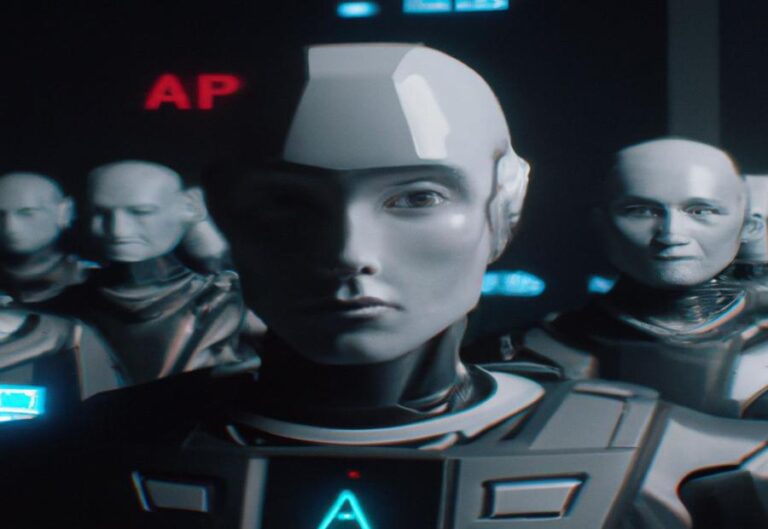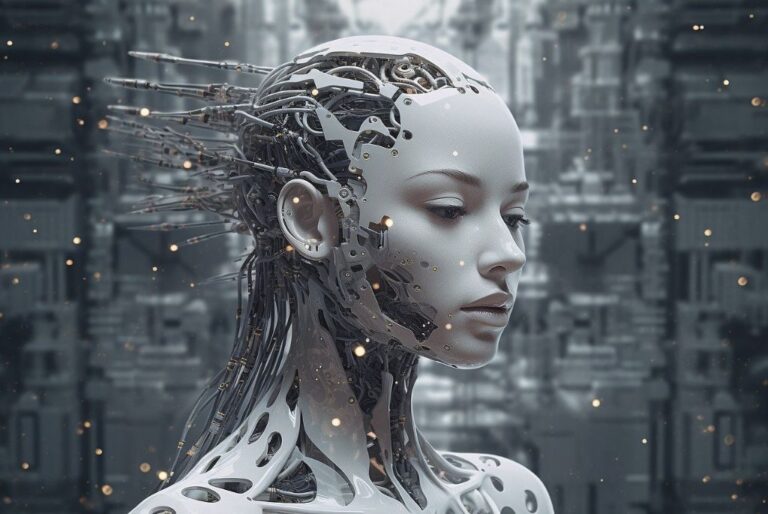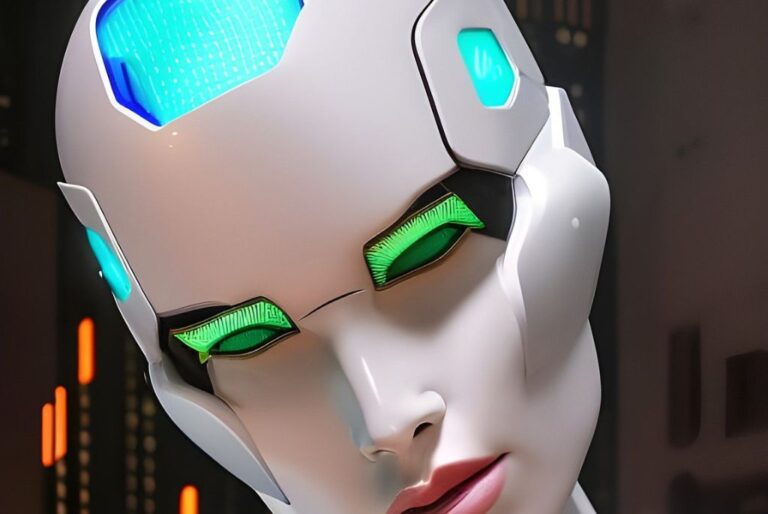Revolutionizing the Hospitality Industry with AI Chatbots
Key Takeaways:
- AI-powered chatbots revolutionize the hospitality industry by enhancing guest experiences, optimizing operations, and improving customer engagement and satisfaction.
- Implementing AI-powered chatbots requires careful consideration of privacy and data protection, as well as understanding the limitations and challenges associated with the technology.
- The successful integration of AI in the hospitality industry has led to personalized guest experiences, operational efficiency, and higher customer engagement and satisfaction.
- The future of AI in the hospitality industry holds advancements in neurotechnology and the metaverse, but it requires a balance between innovation and privacy and data protection.

Photo Credits: Artificialintelligencechatbot.Ai by Matthew Robinson
The hospitality industry has witnessed a remarkable transformation with the advent of AI chatbots. In this section, we will explore how AI has revolutionized the industry, delve into the rise of AI-powered chatbots, and uncover the myriad benefits they bring to the table. Brace yourself for an intriguing journey through the growth, innovation, and game-changing potential of AI technology in the world of hospitality.
The Growth of AI in the Hospitality Industry
AI technology has boomed in the hospitality industry. Chatbots, powered by AI algorithms, revolutionize how businesses interact with customers. They offer personalized service and improved guest experiences, increasing customer satisfaction.
Implementing AI-powered chatbots in the hospitality industry requires consideration of privacy and data protection. Relevant regulations must be followed. Challenges, such as language barriers, accuracy of responses, and complex inquiries, must be overcome for successful implementation.
AI integration in the hospitality industry can be seen in personalized guest experiences. Chatbots can analyze guest preferences and behavior to offer tailored recommendations. Automating repetitive tasks, like reservations and check-ins, optimizes operations and staff productivity.
The future of AI in the hospitality industry looks promising with neurotechnology and the metaverse. Neurotechnology allows for more advanced applications, like analyzing guests’ emotions or providing virtual experiences. Privacy protections must be maintained to avoid risks associated with data breaches.
The Rise of AI-powered Chatbots
AI-powered chatbots in the hospitality industry have emerged due to the advancing presence of AI. These chatbots employ Artificial Intelligence technology for catering to guests, creating personalized experiences, and providing fast customer service. With natural language processing and machine learning algorithms, these chatbots can comprehend and rapidly respond to guest queries. The increasing demand for AI-powered chatbots in the hospitality industry is due to the various benefits they provide, such as 24/7 availability, price reduction, quick response times, and increased guest satisfaction.
Benefits of AI-powered Chatbots in the Hospitality Industry
AI-powered chatbots are transforming the hospitality industry with their multiple advantages. Leveraging AI technology, these chatbots provide personalised guest experiences, improve operational efficiency, heighten customer engagement and satisfaction, and ultimately contribute to industry growth.
- Personalised Guest Experiences: AI-powered chatbots in hospitality handle multiple requests simultaneously, ensuring swift and correct answers to guests’ queries. Plus, these chatbots use machine learning algorithms to analyse visitors’ options and behaviour, allowing them to personalise recommendations and tips.
- Optimising Operations and Efficiency: Chatbots with AI technology streamline operational tasks in hospitality. They can automate regular tasks like booking reservations, handling check-ins/outs, dealing with room service requests, and even managing payments. This automation not only increases efficiency but also allows staff to concentrate on more complicated tasks that require human interaction.
- Enhanced Customer Engagement and Satisfaction: AI-powered chatbots offer 24/7 support to guests, providing instant replies to issues or worries at any time of the day. Moreover, these chatbots can collect feedback from guests during their stay, helping companies spot areas for growth and ultimately amplifying overall customer satisfaction.
- Contribution to Industry Growth: The deployment of AI-powered chatbots in hospitality has huge potential for growth. By offering effective services, personalisation options, improved engagement, and high levels of customer delight, these chatbots bring about positive word-of-mouth referrals from content visitors. Such positive experiences lead to increased bookings and drive the growth of establishments within the industry.
These benefits indicate how AI-powered chatbots are essential in transforming the hospitality industry into a contemporary sector that meets the changing expectations of guests. With their capacity to competently handle guest questions, optimise operations, boost customer fulfilment, and drive industry expansion, chatbots are becoming an important feature in hotels and other hospitality establishments, providing a win-win situation for both customers and businesses.
Implementing AI-powered chatbots: Where privacy worries and technological constraints match the hospitality industry’s need for efficiency and customer satisfaction.
Considerations for Implementing AI-powered Chatbots
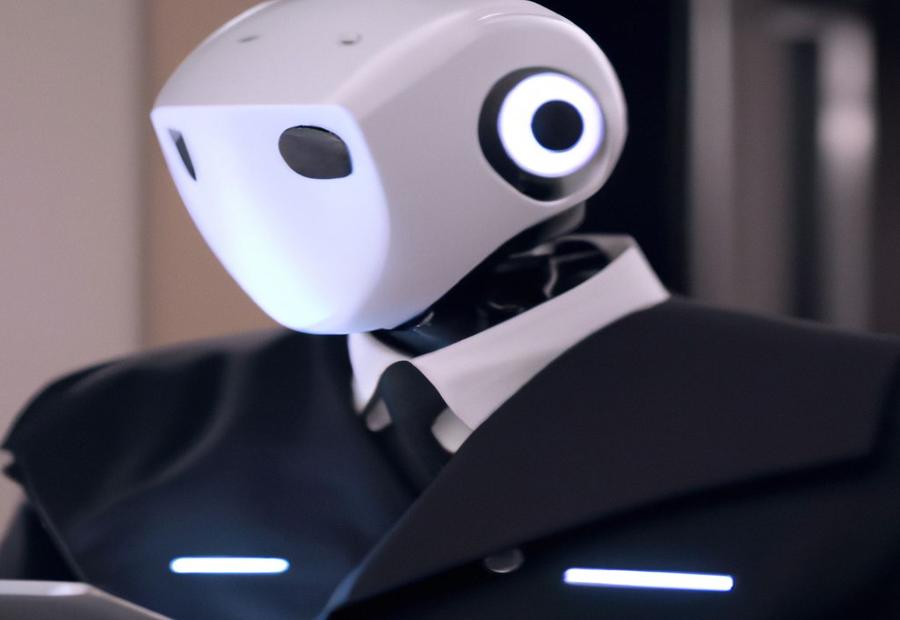
Photo Credits: Artificialintelligencechatbot.Ai by Douglas Perez
When considering the implementation of AI-powered chatbots in the hospitality industry, there are important aspects to keep in mind. In this section, we will explore two key areas: privacy and data protection, as well as the limitations and challenges of AI-powered chatbots. By understanding these considerations, we can better navigate the revolutionary impact that AI chatbots have on improving guest experiences and streamlining customer service in the hospitality sector.
Privacy and Data Protection
AI-powered chatbots are growing in the hospitality industry, and privacy and data protection have become of utmost importance. To ensure guest data is safeguarded, there are several measures to consider:
- 1. Encryption for unauthorized access prevention.
- 2. Access Controls to limit personnel who can access guest information.
- 3. Anonymization of Data, to provide functionalities without compromising privacy.
- 4. Secure Storage in servers with backup systems.
- 5. Regular Audits to detect vulnerabilities and ensure legal compliance.
- 6. Adherence to Regulations such as GDPR and CCPA.
The limitations and challenges of privacy and data protection must be addressed when creating AI-powered chatbots. Multi-factor authentication and advanced threat detection mechanisms can also be implemented to detect suspicious activities and prevent unauthorised access.
So, enjoy the convenience of having a virtual concierge without the awkward small talk or judgemental looks!
Limitations and Challenges of AI-powered Chatbots
AI-powered chatbots in hospitality have certain limitations and challenges. These comprise of privacy/data protection issues, operational difficulties, technical troubles, and user experience considerations.
Privacy/Data Protection: When using AI-chatbots in hospitality, it is essential to prioritize the protection of guest data. This means ensuring compliance with relevant regulations.
Operational Limitations: AI-chatbots rely on programmed algorithms to understand and answer queries. However, they may have difficulty handling complex or ambiguous questions, and language barriers can be a problem with international guests.
Technical Challenges: Implementing AI-chatbots requires robust infrastructure and expertise. Organizations must invest in natural language processing (NLP) capabilities, and maintain performance on different channels.
User Experience Considerations: AI-chatbots can automate certain tasks and provide quick responses, but some guests may prefer human interaction for more complex inquiries. Balancing automation and human touch is key for optimal guest satisfaction.
Organizations should monitor and refine their systems based on user feedback. Regular updates and improvements will ensure better performance, efficiency, and customer experiences.
Successful Examples of AI Integration in the Hospitality Industry

Photo Credits: Artificialintelligencechatbot.Ai by Mason Wilson
Revolutionizing the hospitality industry with AI chatbots has led to successful examples of AI integration. From personalized guest experiences to optimizing operations and improving customer engagement, these AI solutions are transforming the way the hospitality industry operates.
Personalized Guest Experiences
AI technology has revolutionized the hospitality industry, especially with its personalized guest experiences. AI-powered chatbots are integral in achieving this by understanding and responding to guests’ unique preferences and needs. These chatbots gather and analyze data from various sources, such as social media profiles, past interactions, and customer feedback, to deliver tailored recommendations.
Hotels and other businesses can offer personalized services with AI-powered chatbots. These chatbots can manage requests, like room reservations, restaurant advice, travel arrangements, and customized leisure activities. Advanced algorithms and machine learning aid these chatbots in understanding guests’ interests over time and refining their responses for maximum personalization.
Additionally, AI-powered chatbots provide round-the-clock assistance without human involvement. This boosts efficiency and guarantees quick response times, improving overall guest satisfaction. These chatbots can give instant answers to commonly asked questions, aid with check-in/check-out processes, and offer real-time updates on room availability or hotel amenities.
Hospitality businesses can enhance the guest experience by incorporating AI into their operations. From pre-arrival communications to during-stay services and post-departure follow-ups, these chatbots create a smooth journey for guests while maximizing convenience and comfort.
Optimizing Operations and Efficiency
AI-powered chatbots in the hospitality industry can bring many improvements. They can automate tasks such as reservations, room availability checks, payment processing, and e-receipts. This eliminates manual intervention and reduces errors.
These chatbots also offer efficient guest support. Hotels can provide 24/7 customer service without human agents. These systems can answer guest inquiries about amenities and local attractions. Fast response times and accurate info boost the guest experience.
Chatbots can collect data from guest interactions, preferences, feedback, and booking patterns. This data can be used to identify trends and patterns for operational optimization. Hotels can optimize staff allocation, inventory management, resource use, and revenue forecasting.
Despite the benefits, privacy protection is important when dealing with guest data. Language comprehension challenges can also affect performance.
In conclusion, AI-powered chatbots can revolutionize the hospitality industry with AI chatbots. They provide efficient booking management, improved guest support, and data analysis. Privacy and language comprehension must be addressed to make the most of this technology.
Improved Customer Engagement and Satisfaction
AI-powered chatbots have taken the hospitality industry by storm! They’ve improved customer engagement and satisfaction. Chatbots provide instantaneous responses and tailored recommendations, plus they can handle multiple inquiries at once. This reduces wait times and boosts customer service.
Benefits of AI-powered chatbots include:
- Enhanced Communication: Real-time communication, fast assistance, and easy query resolution.
- Personalized Recommendations: By analyzing preferences, chatbots provide services, amenities, or activities that suit guests’ needs.
- 24/7 Availability: Support is available even outside business hours.
- Efficient Issue Resolution: Chatbots can take care of common issues and requests without human help.
- Data-driven Insights: AI-powered chatbots gather data on guest preferences and behaviors, which helps hoteliers provide personalized services.
These chatbots create a sense of convenience and reliability too. They streamline processes and deliver top-notch customer experiences, driving loyalty and repeat business.
The future of AI in hospitality looks promising. Neurotechnology, metaverse, and privacy are all part of the equation!
The Future of AI in the Hospitality Industry
As AI continues to revolutionize the hospitality industry, we delve into the exciting possibilities that lie ahead. In this section, we explore the future of AI in the hospitality industry, focusing on advancements in neurotechnology and the metaverse, as well as the delicate balance between innovation and privacy. Brace yourself for a glimpse into the cutting-edge developments that will shape the way we experience hospitality in the years to come.
Advancements in Neurotechnology and the Metaverse
Neurotechnology and the metaverse are revolutionizing hospitality. Brain-computer interfaces (BCIs) and virtual reality (VR) enable hotels and resorts to give unique, immersive experiences. Direct communication between the human brain and computers lets people control devices with their thoughts.
BCIs let hotels monitor guests’ cognitive states and preferences in real-time. Hotels can use these to adjust lighting, temperature, music, and other environmental factors for each guest.
The interconnected network of virtual worlds, the metaverse, offers endless possibilities. Hotels can use VR to transport guests to different locations or time periods, giving them convenience and extraordinary adventures.
It’s important for hospitality businesses to stay at the forefront of tech advances. Embrace neurotech and the metaverse to give exceptional experiences that positively reflect your brand. Incorporate these advancements into your operations and redefine leadership in the industry.
Balancing Innovation with Privacy and Data Protection
The hospitality industry is revolutionizing with AI-powered chatbots. They are boosting guest experiences and optimizing operations. But, we must find a balance between innovation and privacy/data protection.
AI systems have the potential to collect vast amounts of personal data. This raises worries about privacy breaches and misuse of information. When using AI-powered chatbots in hospitality, we must consider privacy and data protection policies.
Businesses must make sure that these chatbot systems comply with regulations and guidelines. This includes getting consent from guests for data collection and processing. We must also have measures to protect sensitive data. For example, encryption, access controls, and security audits.
AI-powered chatbots have many advantages, but also bring challenges related to privacy and data protection. Unauthorized access to customer info or data breaches can damage trust. Organizations need robust cybersecurity protocols to handle these challenges.
To balance innovation and privacy/data protection, hospitality businesses should use proactive strategies. This includes developing AI-powered chatbots with privacy by design principles. Customers should be able to control their personal data through transparent, understandable consent mechanisms. By adhering to these strategies, the hospitality industry can embrace AI while protecting privacy and data.
Conclusion
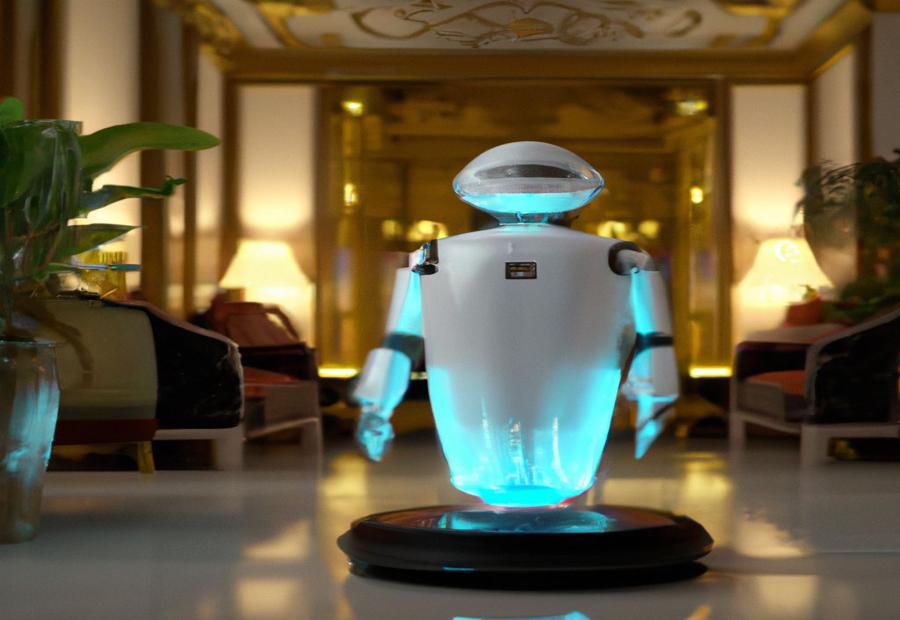
Photo Credits: Artificialintelligencechatbot.Ai by Henry Johnson
AI chatbots are revolutionizing the hospitality industry. They use artificial intelligence to provide personalized service and efficient customer support. This leads to improved guest experiences. Implementing AI chatbots helps hotels reduce costs and provide 24/7 support.
Chatbots can understand natural language and context, giving accurate responses. This saves time and ensures consistent replies. AI chatbots can be integrated with various platforms and channels, allowing customers to interact on their preferred ones. They can handle tasks such as booking, inquiring, and recommending.
AI chatbots can even learn from each customer interaction and personalize future ones. This builds stronger relationships and increases loyalty.
Revolutionizing the Hospitality Industry with AI Chatbots:
- ✅ The hospitality and travel industry is embracing innovation and adaptation to meet evolving customer expectations. (Source: Team Research)
- ✅ AI-powered chatbots, like ChatGPT, have the potential to transform customer service in the industry. (Source: Team Research)
- ✅ ChatGPT offers personalized and efficient interactions, understanding and anticipating customer needs based on simple prompts. (Source: Team Research)
- ✅ The integration of AI into the industry requires careful consideration of the type of input data fed to chatbots and privacy and data protection. (Source: Team Research)
- ✅ AI technologies, such as neural interfaces and neuro-technology, can enhance the ability of AI chatbots to understand and cater to individual guest needs. (Source: Team Research)
FAQs about Revolutionizing The Hospitality Industry With Ai Chatbots
How are AI chatbots revolutionizing the hospitality industry?
AI chatbots are revolutionizing the hospitality industry by improving guest service, reducing costs, and providing personalized experiences. They automate customer service tasks, such as reservations and FAQs, saving time and money. Chatbots remember guest preferences, suggest relevant activities, and provide personalized recommendations, enhancing the level of service. Additionally, chatbots collect data for personalization, enhance marketing campaigns, and analyze demographics, spending patterns, and amenities usage to offer tailored services and promotional offers.
What is the impact of AI chatbots on customer service in the hospitality industry?
AI chatbots have a significant impact on customer service in the hospitality industry. They provide 24/7 support in multiple languages, reducing wait times and improving guest satisfaction. Chatbots handle simple tasks quickly and efficiently, freeing up staff to provide better service in other areas. They can up-sell and cross-sell services, recommending additional products and services to guests. By providing personalized service, quick and accurate responses, and a seamless customer experience, AI chatbots enhance the overall level of service and drive customer loyalty.
How do AI chatbots benefit hotels in terms of efficiency and productivity?
AI chatbots benefit hotels in terms of efficiency and productivity by automating manual work and streamlining operations. They can handle routine tasks, such as answering FAQs and making reservations, without human intervention. This frees up hotel staff to focus on more complex tasks, increasing productivity. AI chatbots also provide 24/7 support, ensuring immediate queries are handled even outside regular working hours. By reducing the time and effort required for customer service tasks, chatbots contribute to the efficient operation of hotels.
What are the limitations of AI chatbots in the hospitality industry?
AI chatbots in the hospitality industry have some limitations. Their knowledge base may not always be updated, limiting their ability to answer questions on new topics. Technical issues, such as server downtime or software bugs, can affect their functionality and availability, leading to guest frustration. Some guests may prefer interacting with human customer service representatives, which chatbots may not be able to provide. However, despite these limitations, the benefits of AI chatbots in improving guest service often outweigh these challenges.
What upcoming hospitality technologies are being integrated with AI chatbots?
AI chatbots in the hospitality industry are being integrated with upcoming technologies such as the metaverse, neural interfaces, and neuro-technology. The metaverse, an immersive and connected digital world, presents new opportunities for customer engagement and personalized experiences. Neural interfaces and neuro-technology enable the decoding of neural data, enhancing the ability of AI chatbots to understand and cater to individual guest needs. By staying updated with emerging technologies, hotels can leverage the power of AI chatbots to create unique and advanced guest experiences.
How can companies ensure the successful implementation of AI chatbots in the hospitality industry?
Companies can ensure the successful implementation of AI chatbots in the hospitality industry by allocating sufficient resources, prioritizing privacy and data protection, and staying updated with emerging technologies. They should invest in AI technologies and implement privacy-by-design systems, strict data protection policies, encryption, and transparent communication practices. Collaborating and sharing knowledge with other industry players is also important. Continuous monitoring of the impact of AI on business operations, customer satisfaction, and revenue growth ensures the effective utilization of AI chatbots in the evolving hospitality industry.
